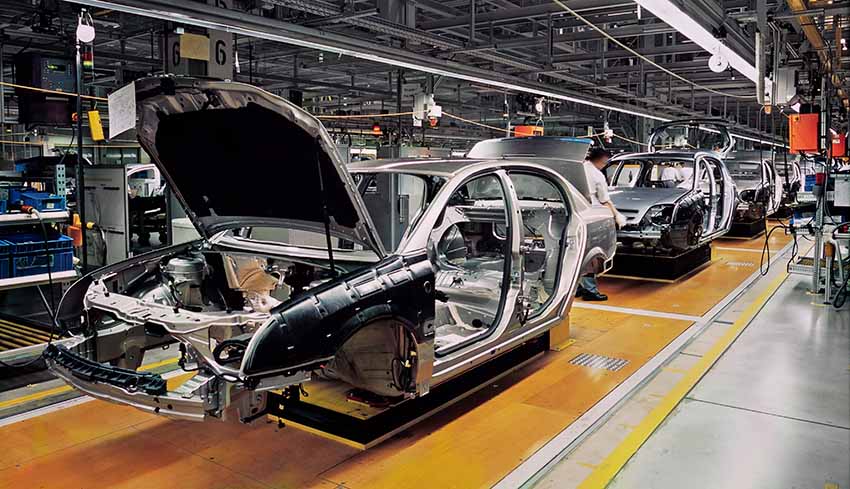The motor trade is used to ups and downs but at the time of writing we are seeing a prolonged period of supply issues affecting both imported and domestically produced vehicles. A number of factors have coincided and combined to create a situation that is unlikely to be resolved any time soon. Consequently, prices and buying habits are changing.
The Covid-19 influence
Two of the biggest factors are partially causally connected: the Covid-19 pandemic and the global shortage of semiconductor components used to make electronic products and, in these days of computer control, cars. The pandemic is partly responsible for the shortage, as Covid has slowed both the production and delivery of semiconductors, but it isn't the only cause. Semiconductor factories in the USA and Japan have been hit by a variety of devastating events including storms and fires. If these unforeseeable events weren't enough of a problem by themselves, American foreign policy regarding trade with Chinese tech companies has changed the dynamics of the semiconductor supply chain, further complicating matters.
The technical equipment
There are other issues that were predicted well before the advent of Covid, including a lack of the specialised manufacturing equipment needed to make chips. Partly as a result of this perfect storm, and partly as part of a pre-existing trend of increasing demand, global requirement for electronic and digital products is consuming components faster than they can be manufactured.
Production of new cars has slowed dramatically and the more reliant a line is on digital electronics, the more it is struggling to maintain capacity. Car production in the UK is expected to be down by 100,000 units in 2021 compared to 2020 figures. Waiting lists for new vehicles are growing every day and prices of used cars are climbing, increasing by more than 16% in the first eight months of 2021. Car manufacturers and dealers are living in very... interesting times.
The knock-on effect
So far as the private number plates market is concerned, we can probably expect a bit of a swings-and-roundabouts ride while the situation persists. Simple cause-and-effect would suggest that anything adversely affecting the production of cars should mean problems for suppliers of car accessories and associated products. Fortunately for us, the situation isn't that simple.
We are already hearing whispers that the shortage of new cars is actually motivating people to buy private number plates. At first that may seem surprising, but it makes perfect sense. When people can't get a gleaming new car, they find other solutions. Some choose to hide the age of their existing car, or to give it a bit of a facelift. Others may buy a used vehicle that is just a year or two old. A newish model with a dateless plate is, to all intents and purposes, indistinguishable from a new one to the non-expert onlooker!
No end in sight yet
With the shortages unlikely to end soon, and with the public feeling ever more conscious of the wisdom of recycling, reusing and making things last, it often makes sense to buy used rather than new, or to make improvements to what we already have.
The market for private plates remains lively and quality personal registrations are still a great investment. If you're finding it difficult to find a new vehicle, or hard to afford the inflated prices of used ones, why not treat yourself and the car that's currently serving you well. Search for your perfect personal number with Regtransfers. You'll be surprised at the transformation it can make.
